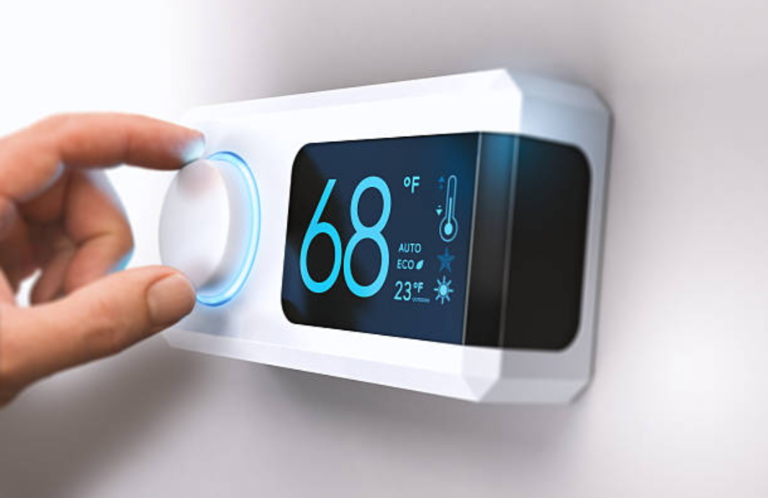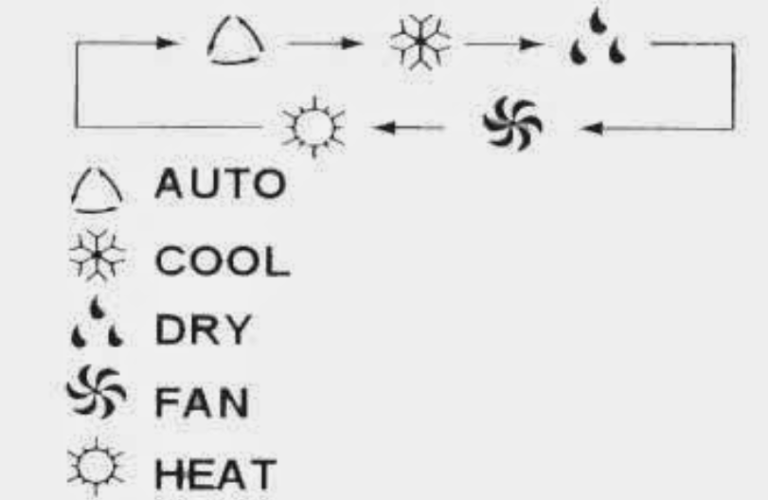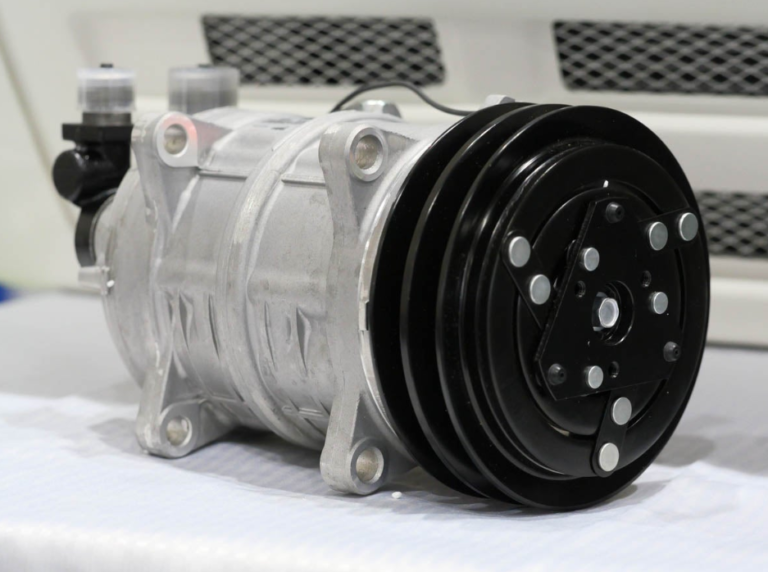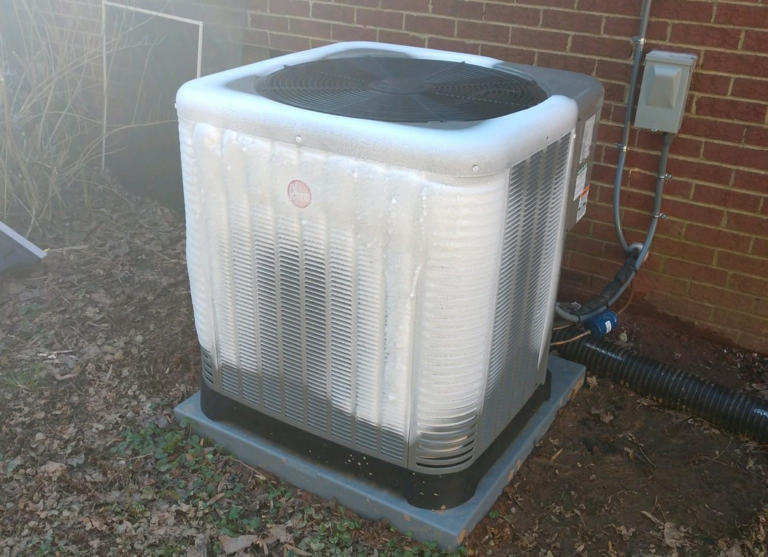8 Reasons for AC squeaking: Why is my AC making noise?
As the weather gets warmer and you start using your air conditioner more, you may notice that it starts to make a squeaking noise. This can be alarming, but in most cases, it is not a sign of a serious problem.
If your AC is making noise, it could be for a number of reasons. Here are 8 potential causes of why your AC may be squeaking:
AC squeaking – Is your air conditioner making noise?
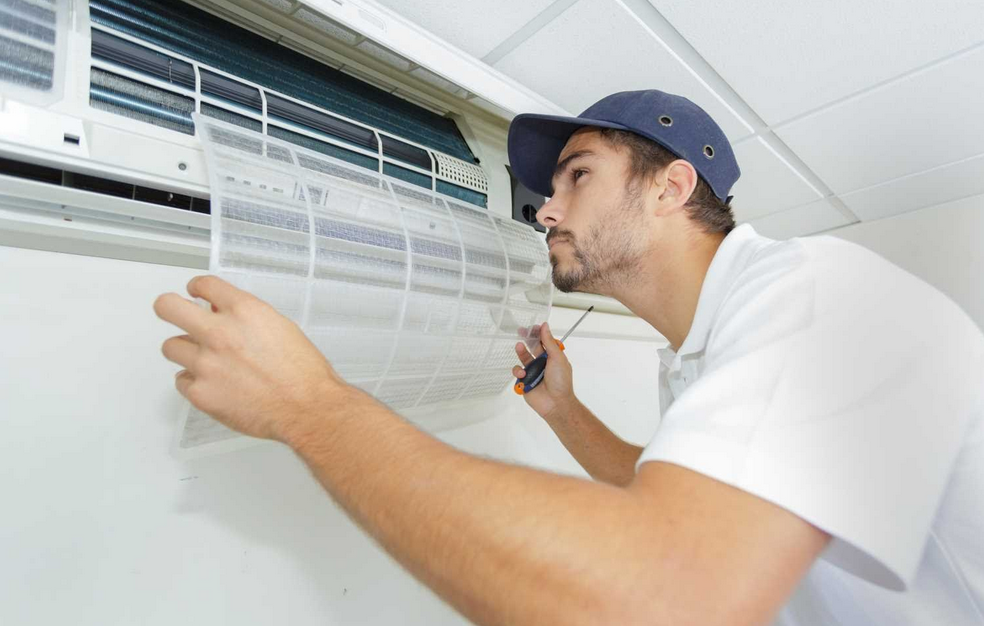
1. Your AC’s blower wheel could be loose or imbalanced.
The blower wheel is the part of the AC that consists of a central hub with blades that attach around it. The blades are what actually move the air. As the blades spin, they push air out of the vents and into your home. If the blower wheel gets loose, it will start to wobble and make a lot of noise. An imbalanced blower wheel can also cause noise as well as vibration and shaking in your AC unit.
There are a few things that can cause a blower wheel to become imbalanced or loose. One possibility is that the fan blades have become bent. This can happen if something hits the blades or if the AC unit is vibrating excessively. Another possibility is that the central hub has become worn down and no longer fits snugly around the blades. This can happen over time as the metal wears down from use.
In most cases, you will be able to tell if the problem is with the blower wheel by simply listening to your AC unit. If you hear a loud, metallic squealing noise, then it is most likely due to a loose or imbalanced blower wheel. You may also be able to see that the blades are bent or that the central hub is worn down.
If you notice any of these problems, it is best to call a professional AC repair technician to come take a look at your unit. They will be able to quickly diagnose the problem and fix it for you so that your AC can start working properly again.
2. Your AC’s compressor could be loose.
If your central air conditioner is making a loud, high-pitched squealing noise, it could be due to the compressor. The compressor is the part of your AC unit that’s responsible for circulating refrigerant throughout the system.
A loose compressor can cause a variety of issues, including:
- Reduced cooling capacity
- Increased energy consumption
- Premature wear and tear
- Damage to other components
If you suspect your AC’s compressor is loose, it’s important to have a certified technician take a look at it as soon as possible. Attempting to fix the problem yourself could void your warranty and cause further damage.
3. Your AC’s outdoor fan could be loose.
If your central air conditioner is making a lot of noise, there’s a good chance that something is wrong with the outdoor fan. The outdoor fan is responsible for circulating air through the condenser coils, and if it’s not working properly, the air conditioner will make a lot of noise.
There are several reasons why the outdoor fan might be making noise. The most common reason is that the fan blades are hitting something, usually because they’re loose. If the blades are loose, they’ll vibrate and hit against the housing of the fan, which will cause the fan to make noise.
Another reason why the outdoor fan might be making noise is that the bearings are worn out. The bearings help to keep the fan blades in place, and if they’re worn out, the blades will wobble and hit against the housing, causing the fan to make noise.
4. Your AC’s evaporator coils could be frozen.
One reason your AC might be making noise is that the evaporator coils are frozen. When the coils freeze, they can cause a build-up of ice. This can block the airflow and make your AC work harder to cool your home. If you think this might be the problem, turn off your AC and check the coils. If they’re covered in ice, you’ll need to thaw them out before turning your AC back on.
5. Your AC’s ductwork could be blocked.
When ductwork becomes blocked, it restricts the airflow to your AC unit. This can cause a variety of problems, including increased noise levels.
There are a few things that can cause your ductwork to become blocked. One of the most common causes is an accumulation of dust and debris. Over time, this can build up and block the airflow to your AC unit. Another common cause of blocked ductwork is faulty insulation. If your ductwork is not properly insulated, it can allow outside air to enter, which can lead to condensation and eventually blockage.
If you think that your AC’s ductwork may be blocked, there are a few things you can do to check. First, take a look at your AC unit’s filter. If it looks dirty or clogged, it’s likely that your ductwork is also dirty or clogged. Second, check the vents in your home. If they seem to be blowing less air than usual, it could be a sign of blockage in your ductwork.
6. Your AC’s return air vents could be dirty.
If your AC unit is squeaking, it could be because the return air vents are dirty. The dirt and dust build up on the blades and make them squeak when they turn. To clean the return air vents, turn off the power to the AC unit and remove the cover. Use a vacuum cleaner with a brush attachment to remove the dirt and dust. You may also need to oil the moving parts to reduce the squeaking noise.
7. Your AC’s condenser coils could be dirty.
One reason your AC may be making noise is dirty condenser coils. When these coils become caked with dirt and dust, they can cause the unit to operate less efficiently and make strange noises. You can clean the coils yourself with a brush and some elbow grease, or you can hire a professional to do it for you.
The condenser coils help remove heat from refrigerant as it passes through the coils. If the coils are dirty, they can overheat and cause your unit to make a buzzing sound. You can clean the coils yourself with a foaming coil cleaner, but if they’re really dirty, you may need to call in a professional.
8. Your AC’s fan limit switch could be set too high.
The fan limit switch controls how long the blower run time should be based on the temperature of the air coming out of the evaporator coils. If it’s set too high, the blower will run for too long and cause your unit to make a humming noise. You can adjust the switch yourself or have a professional do it for you.

